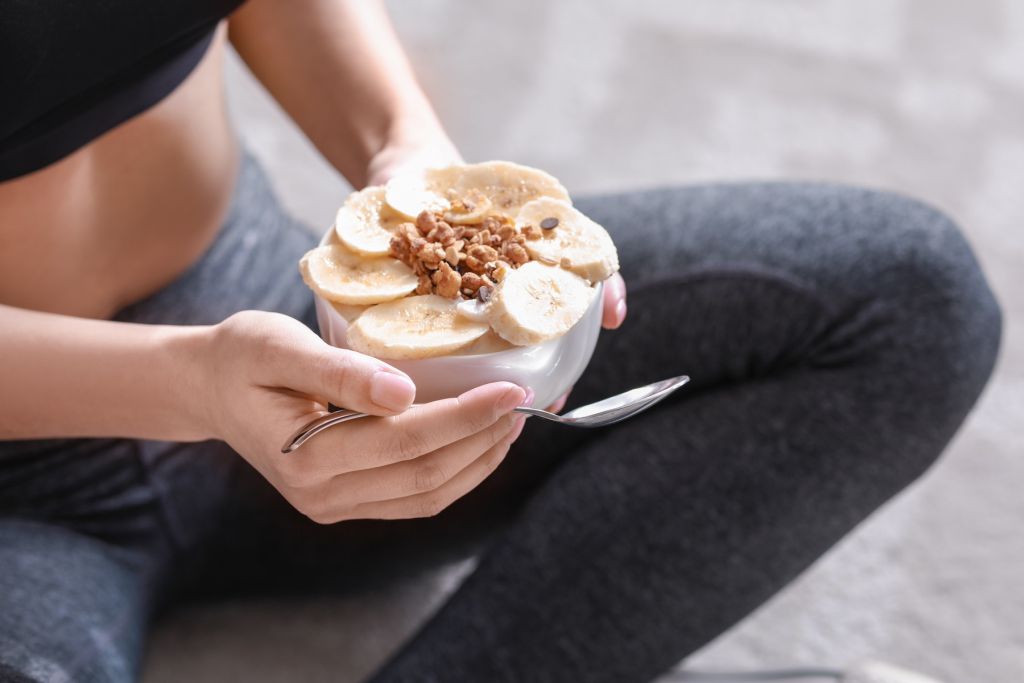Every athlete and fitness enthusiast knows that exercise is only part of the equation when it comes to achieving health goals. Nutrition plays an equally critical role in maximizing performance and recovery. Discover how the right pre and post-workout meals can transform your routine and help you reach peak fitness.
The Power of Nutrition in Fitness
Achieving fitness goals is more than just showing up at the gym or logging miles on the track. Nutrition fuels your body, providing the energy needed to perform and recover from workouts. It impacts everything from muscle growth to endurance and overall health. Understanding the role of nutrition will allow you to tailor your eating habits for optimal results.
Both pre and post-workout meals are crucial components of a well-rounded fitness regimen. Consuming the right nutrients at the right times prepares your body for the demands of physical activity and helps it recover afterward. This doesn’t just apply to professional athletes—anyone engaged in regular exercise can benefit significantly from strategic nutrition planning.
While each individual might have specific dietary needs, the essential principles of workout nutrition remain consistent. Focusing on balance, timing, and quality of nutrients can lead to better performance and quicker recovery. Let’s explore how you can harness the power of nutrition to enhance your fitness journey.
Understanding Pre-Workout Meals
Timing and composition are key when it comes to pre-workout meals. Eating before exercising ensures your body has enough fuel to sustain energy levels. The main goal is to provide carbohydrates for quick energy and protein for muscle support.
Consuming a balanced meal 3-4 hours before exercising allows time for digestion and nutrient absorption. For those with tight schedules, a smaller, easily digestible snack 30-60 minutes prior can still be effective. Aim to include complex carbohydrates, such as whole grains, fruits, and vegetables, along with a moderate amount of protein.
It’s important to note how different foods affect your body. Some may cause discomfort during exercise, so experimenting with timing and food types is essential. Understanding what works best for your body will enhance performance and make workouts more enjoyable.
Best Pre-Workout Meal Ideas
Not all workouts are created equal, and neither are pre-workout meals. Different types of exercise demand unique nutritional approaches. Here are some tailored ideas to consider based on your routine:
For high-intensity activities, opt for easily digestible carbs like a banana with almond butter or a smoothie made from berries and Greek yogurt. These provide quick energy without weighing you down.
Strength training sessions benefit from a combination of carbs and protein. Whole grain toast with avocado and a poached egg is an excellent choice, offering both energy and muscle support.
Endurance workouts like running or cycling require sustained energy sources. Oatmeal topped with sliced bananas and nuts delivers complex carbs, healthy fats, and protein, helping maintain performance over longer durations.

The Science Behind Post-Workout Nutrition
Post-workout nutrition focuses on recovery and muscle building. After exercise, your muscles are primed to absorb nutrients, making it the ideal time to replenish energy stores and facilitate repair.
Protein is essential for repairing damaged muscle fibers and promoting growth. Consuming protein-rich foods within two hours of a workout can significantly enhance recovery. Carbohydrates are also crucial, as they replenish glycogen stores depleted during exercise.
Choosing nutrient-dense foods ensures your body receives the vitamins and minerals needed for overall health and recovery. Incorporating antioxidants can reduce post-exercise inflammation, supporting faster healing and improved performance.
Recommended Post-Workout Meals
The right post-workout meal depends on your fitness goals. For muscle-building, focus on protein-rich options such as grilled chicken with quinoa and roasted vegetables or a turkey wrap with spinach and hummus.
For those aiming to improve endurance, a balance of carbs and protein is key. A smoothie with protein powder, a banana, and almond milk can provide a quick, easy-to-digest option. Alternatively, try a bowl of brown rice with tofu and steamed broccoli.
If weight loss is the goal, consider lighter options that still offer nutrient density. A salad with mixed greens, chickpeas, and a light vinaigrette can satisfy hunger while supporting recovery. Pair it with a small portion of lean protein for added muscle repair benefits.
Hydration is Key
Hydration is a vital component of both pre and post-workout nutrition. Water regulates body temperature, lubricates joints, and helps transport nutrients. Dehydration can significantly hinder performance and recovery.
Aim to drink water throughout the day, not just during exercise. Monitor urine color as a hydration indicator; pale yellow signifies adequate hydration, while dark yellow may indicate a need for more fluids.
Electrolytes play a significant role in hydration, especially during intense or prolonged workouts. Consider sports drinks or electrolyte tablets if you’re exercising in hot conditions or for extended periods, as they help replenish lost minerals like sodium and potassium.
Meal Timing and Planning
Optimal nutrition requires careful timing and planning. Aligning your meals with your workout schedule ensures your body receives the necessary fuel exactly when it’s needed.
Plan meals around your workouts, allowing time for digestion while ensuring energy availability. Consistency in meal timing can improve nutrient absorption and promote a healthy metabolism.
Preparing meals in advance helps maintain a balanced diet, reducing the temptation to opt for unhealthy options when time is limited. Having nutritious meals ready to go minimizes stress and supports your fitness goals.
Sustaining a Healthy, Fitness-Focused Diet
Maintaining a nutrition plan aligned with fitness goals requires commitment and adaptability. Pay attention to how your body responds to different foods and adjust as necessary.
Incorporate variety into your diet to ensure a wide range of nutrients. While it’s important to focus on pre and post-workout meals, overall dietary balance is crucial for long-term health.
Stay informed about nutrition trends and research, and be open to trying new foods and strategies. A dynamic approach keeps your diet exciting and effective, supporting a sustainable fitness lifestyle.
Share and Subscribe for More Tips
Your fitness and nutrition journey is unique and continually evolving. By optimizing your pre and post-workout meals, you’re setting yourself up for success. If you found this guide helpful, share it with fellow fitness enthusiasts or anyone looking to improve their health.
Stay connected for more insights and tips by subscribing to our newsletter. Join a community of like-minded individuals committed to achieving their best selves through informed nutrition and dedicated fitness.





